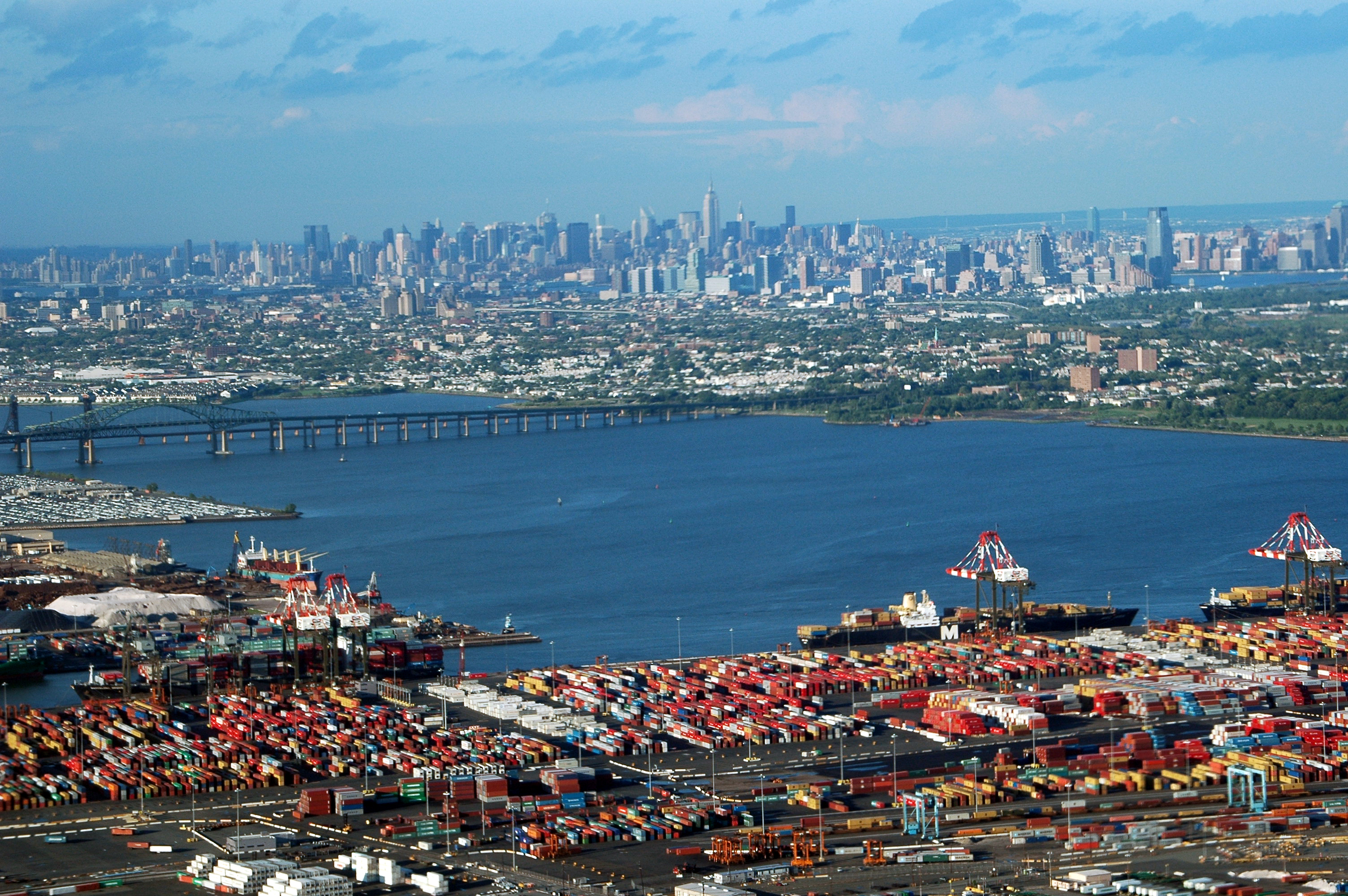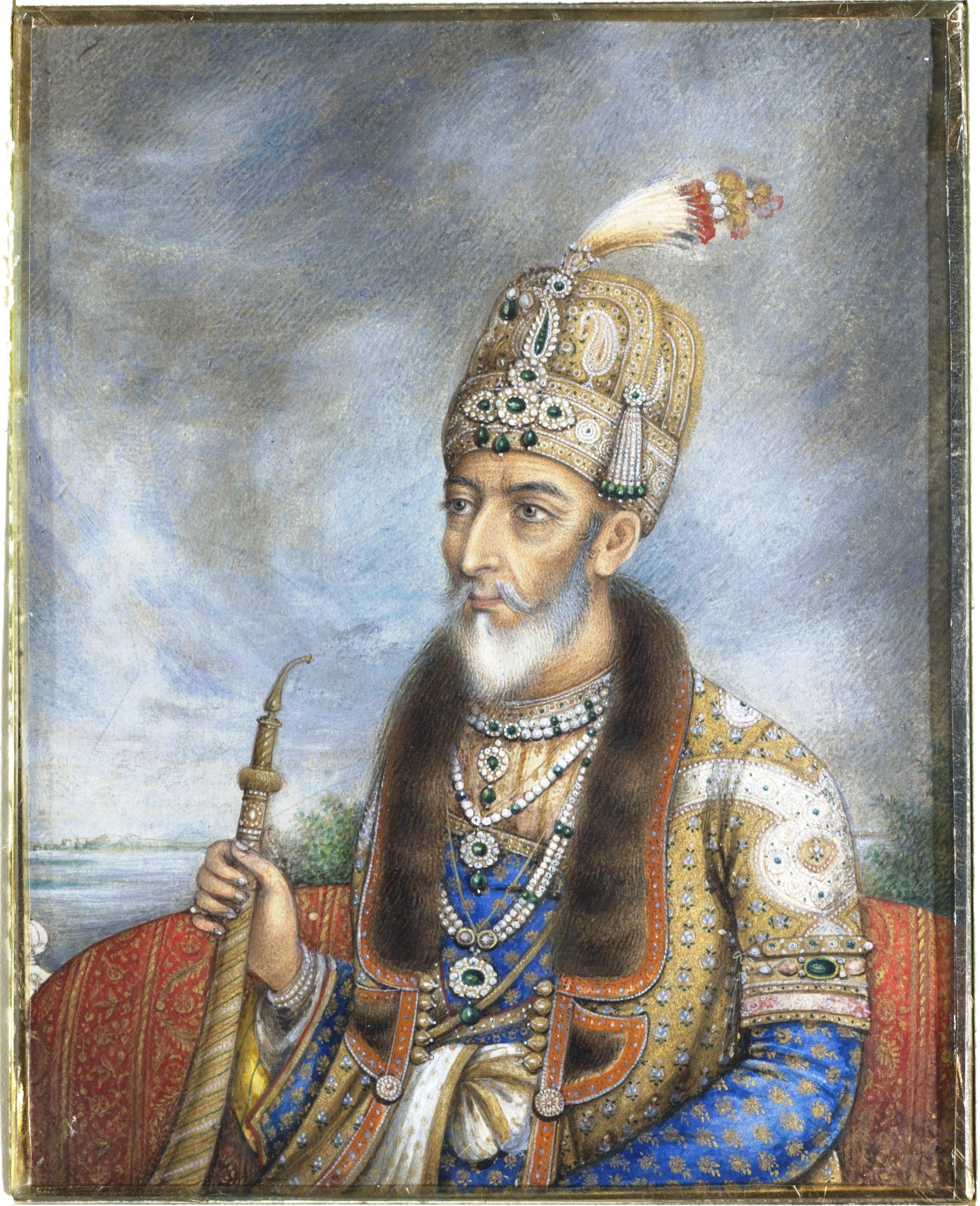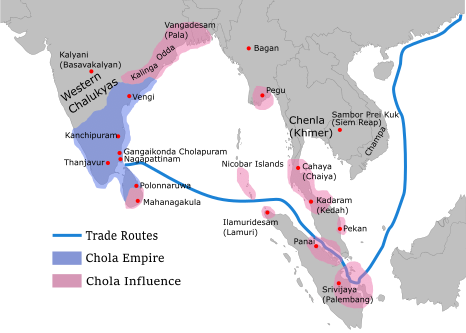|
Andaman And Nicobar Jail
The Cellular Jail, also known as Kālā Pānī (), was a British colonial prison in the Andaman and Nicobar Islands. The prison was used by the colonial government of India for the purpose of exiling criminals and political prisoners. Many notable independence activists were imprisoned there during the struggle for India's independence. Today, the complex serves as a national memorial monument. Originally built with seven wings, the building suffered extensive damage during the earthquake in 1941. Later, two wings were dismantled during the Second World War by the Japanese, who repurposed the bricks for constructing bunkers and other structures. After India gained independence, two more wings were demolished in the 1950s to make way for the nearby Govind Ballabh Pant Hospital. Today, only the watchtower and three wings (1, 6, and 7) remain. History Although the prison complex itself was constructed between 1896 and 1906, the British authorities in India had been using th ... [...More Info...] [...Related Items...] OR: [Wikipedia] [Google] [Baidu] |
Political Prisoners
A political prisoner is someone imprisoned for their political activity. The political offense is not always the official reason for the prisoner's detention. There is no internationally recognized legal definition of the concept, although numerous similar definitions have been proposed by various organizations and scholars, and there is a general consensus among scholars that "individuals have been sanctioned by legal systems and imprisoned by political regimes not for their violation of codified laws but for their thoughts and ideas that have fundamentally challenged existing power relations". The status of a political prisoner is generally awarded to individuals based on the declarations of non-governmental organizations like Amnesty International, on a case-by-case basis. While such statuses are often widely recognized by the international public, they are often rejected by individual governments accused of holding political prisoners, which tend to deny any bias in thei ... [...More Info...] [...Related Items...] OR: [Wikipedia] [Google] [Baidu] |
Shiv Verma
Shiv Verma (Hindi: शिव वर्मा; 9 February 1904 — 10 January 1997) was an Indian Marxist revolutionary and a member of the Hindustan Socialist Republican Association. Early life Shiv Verma was born on 9 February 1904 in Khateli village of Hardoi district in United Provinces. At the age of 17, he participated in the Non-Cooperation Movement. He was a student of the DAV College of Cawnpore. Revolutionary activities Cawnpore was the place where the Hindustan Republican Association was formed by Sachindra Nath Sanyal, Suresh Chandra Bhattacharya and others. People like Bejoy Kumar Sinha, Shiv Verma, Jaidev Kapoor, and Surendra Nath Pandey joined the party. Verma's party name was 'Prabhat' (Hindi: प्रभात). Verma was inclined towards socialism. Sinha introduced Verma to the journalist and writer, Radha Mohan Gokul, who became an ideological mentor and inspiration for Verma. Radha Mohan had an extensive collection of books and he encouraged Verma to r ... [...More Info...] [...Related Items...] OR: [Wikipedia] [Google] [Baidu] |
Port Blair 1872 Ross Island Penal HQ
A port is a maritime facility comprising one or more wharves or loading areas, where ships load and discharge cargo and passengers. Although usually situated on a sea coast or estuary, ports can also be found far inland, such as Hamburg, Manchester and Duluth; these access the sea via rivers or canals. Because of their roles as ports of entry for immigrants as well as soldiers in wartime, many port cities have experienced dramatic multi-ethnic and multicultural changes throughout their histories. Ports are extremely important to the global economy; 70% of global merchandise trade by value passes through a port. For this reason, ports are also often densely populated settlements that provide the labor for processing and handling goods and related services for the ports. Today by far the greatest growth in port development is in Asia, the continent with some of the world's largest and busiest ports, such as Singapore and the Chinese ports of Shanghai and Ningbo-Zhoushan. As of 202 ... [...More Info...] [...Related Items...] OR: [Wikipedia] [Google] [Baidu] |
Indian Rebellion Of 1857
The Indian Rebellion of 1857 was a major uprising in India in 1857–58 against Company rule in India, the rule of the East India Company, British East India Company, which functioned as a sovereign power on behalf of the The Crown, British Crown. The rebellion began on 10 May 1857 in the form of a mutiny of sepoys of the company's army in the garrison town of Meerut, northeast of Delhi. It then erupted into other mutinies and civilian rebellions chiefly in the Ganges Basin, upper Gangetic plain and central India, though incidents of revolt also occurred farther north and east. The rebellion posed a military threat to British power in that region, and was contained only with the rebels' defeat in Gwalior on 20 June 1858., , and On 1 November 1858, the British granted amnesty to all rebels not involved in murder, though they did not declare the hostilities to have formally ended until 8 July 1859. The Names of the Indian Rebellion of 1857, name of the revolt is contested, an ... [...More Info...] [...Related Items...] OR: [Wikipedia] [Google] [Baidu] |
Govind Ballabh Pant
Govind Ballabh Pant (10 September 1887 – 7 March 1961) was an Indian freedom fighter and the first chief minister of Uttar Pradesh. Alongside Mahatma Gandhi, Jawaharlal Nehru and Vallabh Bhai Patel, Pant was a key figure in the movement for India's Independence and later a pivotal figure in the Indian Government. He was one of the foremost political leaders of Uttar Pradesh (then known as United Provinces) and a key player in the successful movement to establish Hindi as the official language of Indian Union. Today, several Indian hospitals, educational institutions and foundations bear his name. Pant received India's highest civilian honour, the Bharat Ratna, in 1957. Early life Govind Ballabh Pant was born on 10 September 1887 in Khoont village near Almora. He was born in a Marathi Karhade Brahmin family that had migrated from the present day northern Karnataka to Kumaon region. The name of his mother was Govindi Bai. His maternal grandfather, Badri Dutt Joshi, an im ... [...More Info...] [...Related Items...] OR: [Wikipedia] [Google] [Baidu] |
World War II
World War II or the Second World War (1 September 1939 – 2 September 1945) was a World war, global conflict between two coalitions: the Allies of World War II, Allies and the Axis powers. World War II by country, Nearly all of the world's countries participated, with many nations mobilising all resources in pursuit of total war. Tanks in World War II, Tanks and Air warfare of World War II, aircraft played major roles, enabling the strategic bombing of cities and delivery of the Atomic bombings of Hiroshima and Nagasaki, first and only nuclear weapons ever used in war. World War II is the List of wars by death toll, deadliest conflict in history, causing World War II casualties, the death of 70 to 85 million people, more than half of whom were civilians. Millions died in genocides, including the Holocaust, and by massacres, starvation, and disease. After the Allied victory, Allied-occupied Germany, Germany, Allied-occupied Austria, Austria, Occupation of Japan, Japan, a ... [...More Info...] [...Related Items...] OR: [Wikipedia] [Google] [Baidu] |
Indian Independence Movement
The Indian independence movement was a series of historic events in South Asia with the ultimate aim of ending British Raj, British colonial rule. It lasted until 1947, when the Indian Independence Act 1947 was passed. The first nationalistic movement took root in the newly formed Indian National Congress with prominent moderate leaders seeking the right to appear for Indian Civil Service examinations in British India, as well as more economic rights for natives. The first half of the 20th century saw a more radical approach towards self-rule. The stages of the independence struggle in the 1920s were characterised by the leadership of Mahatma Gandhi and Congress's adoption of Gandhi's policy of non-violence and Salt March, civil disobedience. Some of the leading followers of Gandhi's ideology were Jawaharlal Nehru, Vallabhbhai Patel, Abdul Ghaffar Khan, Maulana Azad, and others. Intellectuals such as Rabindranath Tagore, Subramania Bharati, and Bankim Chandra Chattopadhyay spr ... [...More Info...] [...Related Items...] OR: [Wikipedia] [Google] [Baidu] |
List Of Indian Independence Activists
The Indian independence movement consisted of efforts by individuals and organizations from a wide spectrum of society to obtain political independence from the British, French and Portuguese rule through the use of many methods. This is a list of individuals who notably political campaign, campaigned against or are considered to have campaigned against colonial rule on the Indian sub-continent. Post-independence, the term "freedom fighter" was officially recognized by the Government of India, Indian government for those who took part in the movement; people in this category (which can also include dependent family members) receive pensions and other benefits such as Special Railway Counters. List A B C D F G H I J K L M P R S T U V See also *:Indian revolutionaries Notes References {{DEFAULTSORT:Indian Independence Activists Lists of Indian people India history-related lists Indian independe ... [...More Info...] [...Related Items...] OR: [Wikipedia] [Google] [Baidu] |
Penal Transportation
Penal transportation (or simply transportation) was the relocation of convicted criminals, or other persons regarded as undesirable, to a distant place, often a colony, for a specified term; later, specifically established penal colonies became their destination. While the prisoners may have been released once the sentences were served, they generally did not have the resources to return home. Origin and implementation Banishment or forced exile from a polity or society has been used as a punishment since at least the 5th century BCE in Ancient Greece. The practice of penal transportation reached its height in the British Empire during the 18th and 19th centuries. Transportation removed the offender from society, mostly permanently, but was seen as more merciful than capital punishment. This method was used for criminals, debtors, military prisoners, and political prisoners. Penal transportation was also used as a method of colonization. For example, from the earliest day ... [...More Info...] [...Related Items...] OR: [Wikipedia] [Google] [Baidu] |
British Raj
The British Raj ( ; from Hindustani language, Hindustani , 'reign', 'rule' or 'government') was the colonial rule of the British The Crown, Crown on the Indian subcontinent, * * lasting from 1858 to 1947. * * It is also called Crown rule in India, * * * * or direct rule in India. * Quote: "Mill, who was himself employed by the British East India company from the age of seventeen until the British government assumed direct rule over India in 1858." * * The region under British control was commonly called India in contemporaneous usage and included areas directly administered by the United Kingdom of Great Britain and Ireland, United Kingdom, which were collectively called ''Presidencies and provinces of British India, British India'', and areas ruled by indigenous rulers, but under British British paramountcy, paramountcy, called the princely states. The region was sometimes called the Indian Empire, though not officially. As ''India'', it was a founding member of th ... [...More Info...] [...Related Items...] OR: [Wikipedia] [Google] [Baidu] |
Andaman And Nicobar Islands
The Andaman and Nicobar Islands is a union territory of India comprising 572 islands, of which only 38 are inhabited. The islands are grouped into two main clusters: the northern Andaman Islands and the southern Nicobar Islands, separated by a wide Ten Degree Channel, channel. The capital and largest city of the territory, Port Blair (officially Sri Vijaya Puram), is located approximately from Chennai and from Kolkata in mainland India. The islands are situated between the Bay of Bengal to the west and the Andaman Sea to the east. The northernmost point is from the mouth of the Hooghly River. Indira Point, located at 6°45'10″N and 93°49'36″E on the southern tip of Great Nicobar, is the southernmost point of India. The territory shares maritime borders with Indonesia located about to the south, Myanmar located to the north-east and Thailand located to the south-east. The islands occupy a total land area of approximately with a population of 380,581 as per the 2011 ... [...More Info...] [...Related Items...] OR: [Wikipedia] [Google] [Baidu] |
Yogendra Shukla
Yogendra Shukla (; 1896 – 19 November 1960) was an Indian nationalist and freedom fighter, notable for his contributions in the state of Bihar. He was incarcerated in the Cellular Jail, also known as ''Kala Pani'', and was a founding member of the Hindustan Socialist Republican Association (HSRA). Shukla, in collaboration with Basawon Singh (Sinha), was also instrumental in establishing the Congress Socialist Party in Bihar. Background Yogendra Shukla, along with his nephew Baikuntha Shukla (15 May 1907 – 14 May 1934), originated from Jalalpur village in the Muzaffarpur district of the Bengal Presidency (present-day Vaishali district in Bihar). He was born in a Bhumihar family. Between 1932 and 1937, Yogendra was incarcerated in the Cellular Jail, known as Kalapani, as a prominent leader of the revolutionary movement in Bihar and Uttar Pradesh. He gained renown for his various exploits and was a close associate of revolutionaries Sardar Bhagat Singh and Batukeshwar ... [...More Info...] [...Related Items...] OR: [Wikipedia] [Google] [Baidu] |








